A new, consensual world order
The era of globalisation is drawing to a close and a new one is emerging—an era of bilateralism over globalisation, of domestic over foreign focus, and reality-based policy-making
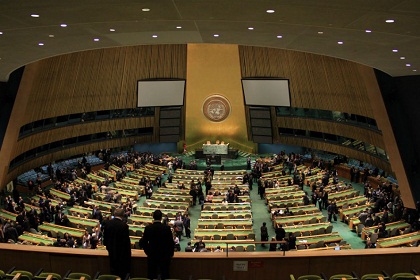 Courtesy: IB Times
Courtesy: IB Times
The era of globalisation is drawing to a close and a new one is emerging—an era of bilateralism over globalisation, of domestic over foreign focus, and reality-based policy-making
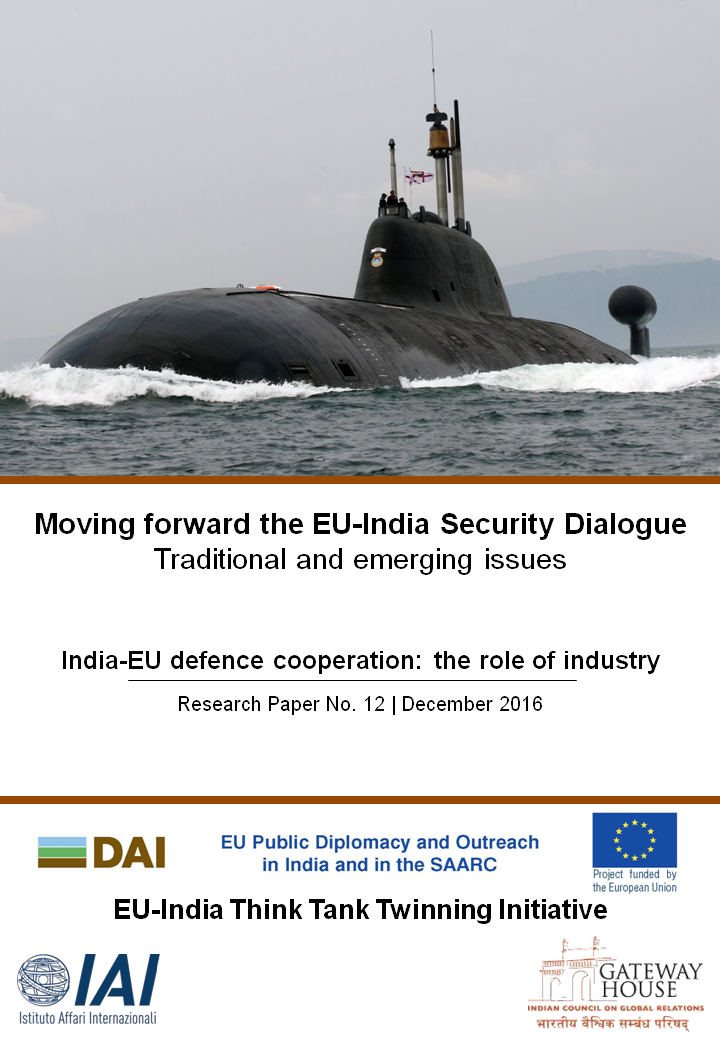 Courtesy: Wikipedia
Courtesy: Wikipedia
European defence companies can contribute significantly to India’s military modernisation under the ‘Make in India’ campaign. But before this can happen they will have to deepen their interactions in the country at the political and strategic levels to identify common areas of interest and understand India’s technological priorities in the sector
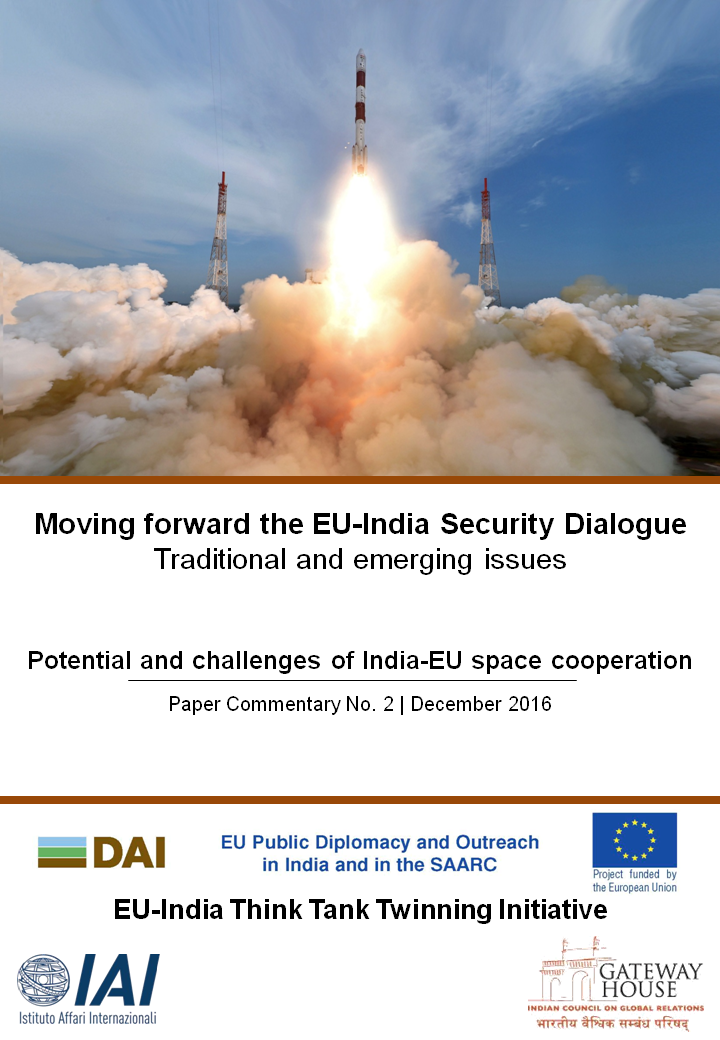 Courtesy: Wikipedia
Courtesy: Wikipedia
India-EU space collaboration is still nascent largely due to the EU’s limited autonomy over its space programme. Astro-geopolitics, an inevitable successor to geopolitics, requires confidence-building and furthering strengthening of bilateral linkages
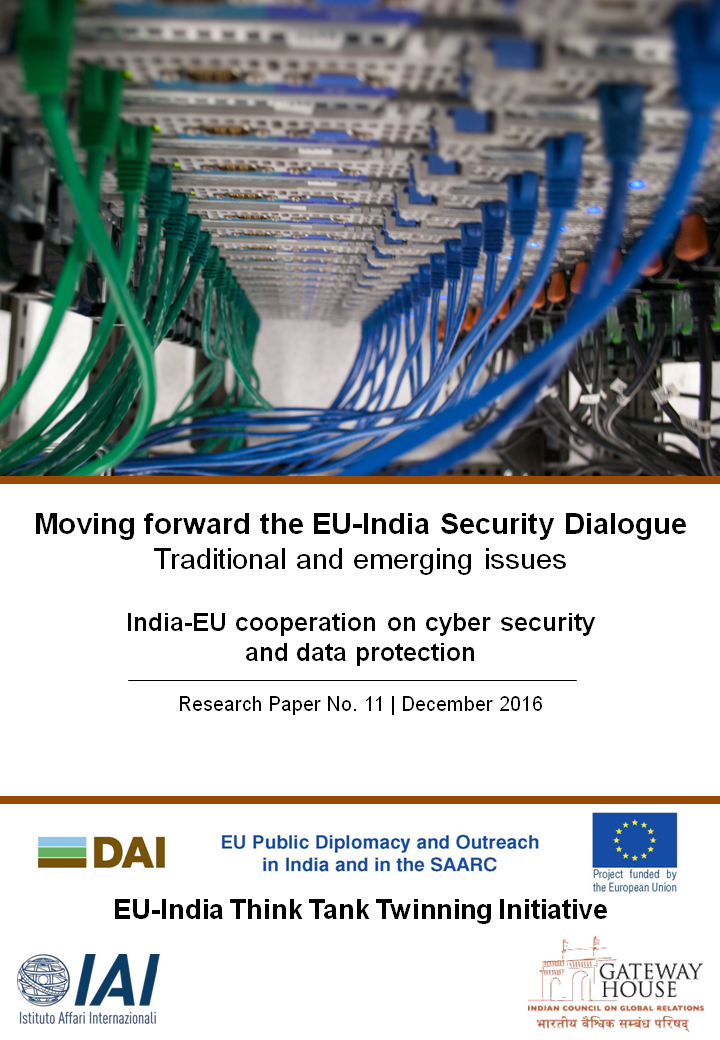 Courtesy: Wikipedia
Courtesy: Wikipedia
Cyber cooperation between India and the European Union currently lacks a security focus despite the common threats they face. Differences persist on both sides regarding India’s data adequacy status which has resulted in a blocking of the Bilateral Trade and Investment Agreement negotiations.
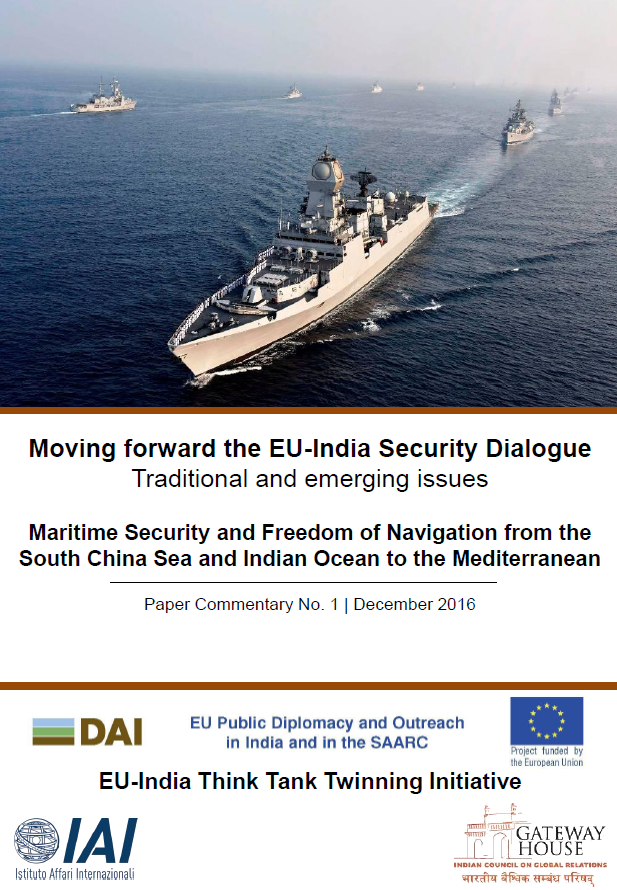 Courtesy: Wikipedia
Courtesy: Wikipedia
With common objectives in the Indo-Pacific, the maritime sphere is a good opportunity for India and the EU to deepen cooperation. They must focus on preventing outbreak of an inter-state armed conflict; addressing maritime piracy; adhering to the UNCLOS; and developing maritime infrastructure and the blue economy in the region
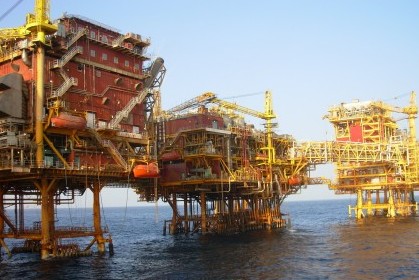 Courtesy: Wikimedia Commons
Courtesy: Wikimedia Commons
India’s gas consumption is lower than the EU’s, but it too, like the EU, relies heavily on imports. With LNG likely to remain a key part of India’s gas supplies in the future, and given recent changes in the global market, what is the future potential of LNG imports for the EU and India? What are the best energy policies for the two regions?
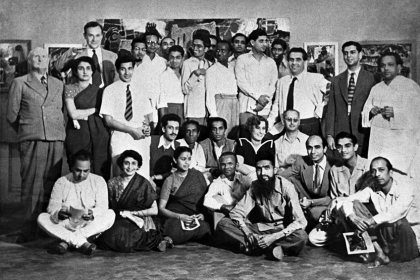 Courtesy: Chemould Prescott Road Archives
Courtesy: Chemould Prescott Road Archives
Germany’s presidency of G20 in 2017 comes at a time when the country is in a state of deep flux. But its relations with India have always been unshaken. Even 80 years ago, German-speaking immigrants, fleeing the Second World war, greatly enhanced Bombay’s cultural life
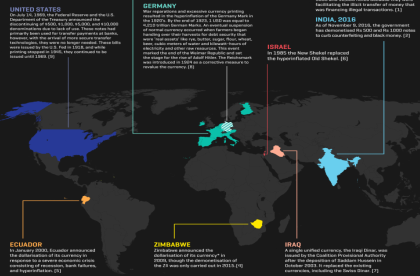 Courtesy: Gateway House
Courtesy: Gateway House
Prime Minister Narendra Modi's announcement on November 8 to demonetise notes of the denomination of Rs 500 and Rs 1000 has a precedent. This infographic traces some interesting demonetisation initiatives around the world. From discontinuation of high denomination notes due to lack of circulation, to the use of beer and water as 'real assets' in place of hyper-inflated currency.
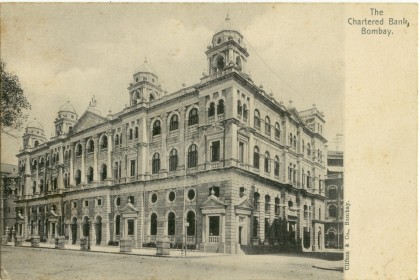 Courtesy: Jehangir S. Sorabjee
Courtesy: Jehangir S. Sorabjee
British Prime Minister Theresa May’s visit to India from November 6-8, her first to a country outside Europe, has been focusing on increasing bilateral trade and investments. But 300 years ago, London and Bombay shared a critical financial relationship.
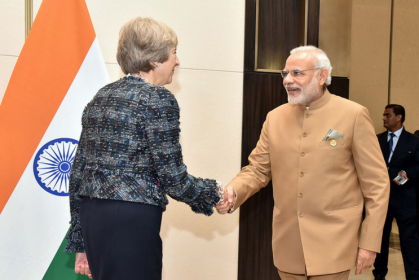 Courtesy: MEA/Flickr
Courtesy: MEA/Flickr
Brexit has put Prime Minister Modi in the driving seat for negotiating a better trade deal for India with the UK--and the EU